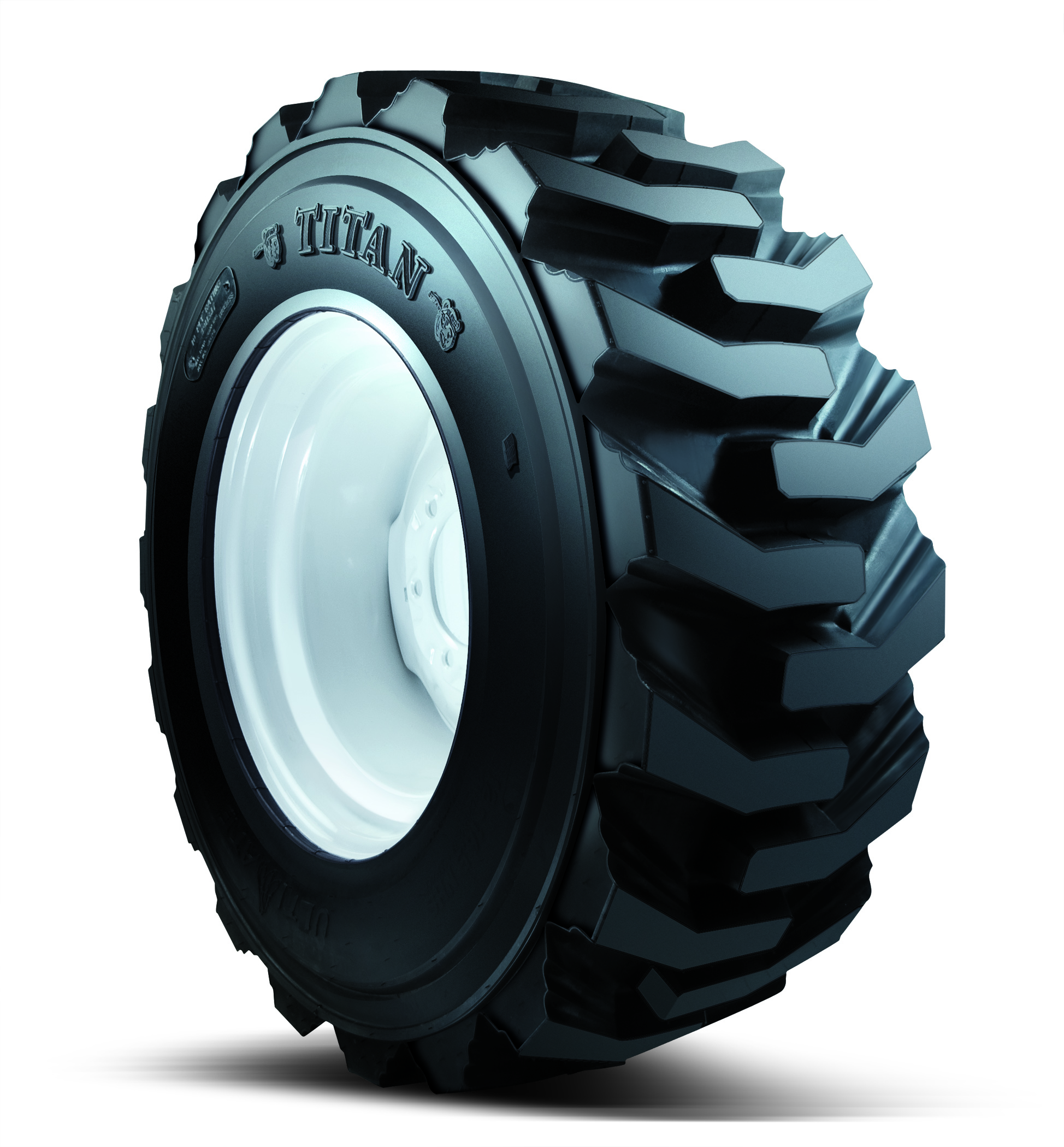09-03-2025, 01:41 AM
Radial tires have become the preferred choice for construction equipment, offering several advantages over traditional bias-ply tires. Their design and performance characteristics make them suitable for various applications in the construction industry.
Understanding Radial Tire Construction
Radial tires are constructed with plies that run perpendicular to the direction of travel, from bead to bead. This design allows for greater flexibility in the sidewalls and a more uniform contact patch with the ground. The tread area is reinforced with steel belts, providing strength and durability.
Advantages of Radial Tires
Radial tires are commonly used on various construction equipment, including:
While radial tires come with a higher initial investment, their benefits in terms of fuel efficiency, traction, and longevity make them a worthwhile consideration for construction equipment. Evaluating the specific needs of the project and equipment can help determine the most suitable tire type for optimal performance and cost-effectiveness.

Understanding Radial Tire Construction
Radial tires are constructed with plies that run perpendicular to the direction of travel, from bead to bead. This design allows for greater flexibility in the sidewalls and a more uniform contact patch with the ground. The tread area is reinforced with steel belts, providing strength and durability.
Advantages of Radial Tires
- Improved Fuel Efficiency: The lower rolling resistance of radial tires leads to better fuel economy, which is crucial for reducing operational costs in construction projects.
- Enhanced Traction and Stability: The design of radial tires provides better grip on various surfaces, improving traction and stability, especially on uneven terrains commonly found in construction sites.
- Longer Tire Life: Radial tires generally have a longer lifespan due to their construction, which allows for more even wear and better heat dissipation.
- Reduced Soil Compaction: The larger footprint of radial tires helps distribute the weight of the equipment more evenly, reducing soil compaction and preserving the integrity of the worksite.
- Higher Initial Cost: Radial tires are typically more expensive than bias-ply tires, which can be a consideration for budget-conscious projects.
- Vulnerability to Sidewall Damage: The flexible sidewalls of radial tires can be more susceptible to damage from sharp objects or impacts, especially in off-road conditions.
- Less Suitable for Certain Applications: In some heavy-duty applications where maximum durability is required, bias-ply tires may still be preferred.
Radial tires are commonly used on various construction equipment, including:
- Wheel Loaders: Provide excellent traction and stability for loading and transporting materials.
- Excavators: Offer improved maneuverability and reduced soil disturbance during digging operations.
- Dump Trucks: Enhance fuel efficiency and load-carrying capacity for transporting materials.
While radial tires come with a higher initial investment, their benefits in terms of fuel efficiency, traction, and longevity make them a worthwhile consideration for construction equipment. Evaluating the specific needs of the project and equipment can help determine the most suitable tire type for optimal performance and cost-effectiveness.




